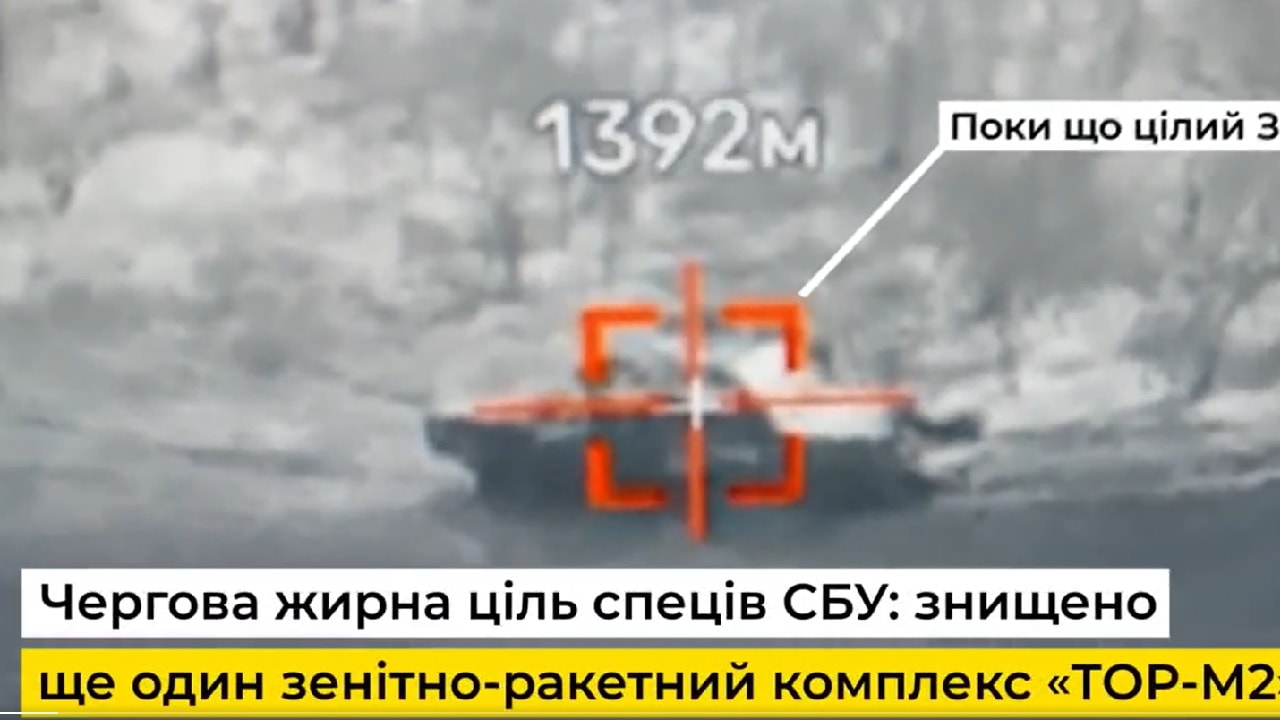This is one of the first mainstream articles that’s openly talking about the fact that US is not going to keep supporting Ukraine for “as long as it takes”
U.S. Administration has an obligation to unemotionally view the war as it genuinely is, not as we would wish it to be, and make decisions based on U.S. interests—which are not always identical with Ukraine’s interests.
It further admits that the offensive is a failure and Ukraine is unlikely achieve any significant gains regardless of what the west sends
The hard truth is that a sober analysis of both Ukraine’s three-month summer offensive and an assessment of the war overall leads to the conclusion not simply that the offensive is going “too slow” but that it appears unlikely to succeed. Arguably, it won’t matter how much time Kyiv is given, how many weapons it is provided, and how much ammunition the West delivers: completely evicting Russia from the territory it illegally seized appears to be a militarily unattainable aspiration.
There is finally an admission in the mainstream that prolonging the war simply results in more people dying and Ukraine losing more territory, an obvious fact that libs continue to dismiss and ridicule today
Without a change in policy, Washington’s approach is poised to condemn tens of thousands of additional Ukrainians to unnecessary deaths and reduce more Ukrainian territory to dust.
There’s finally an admission that Ukraine has at least 200k dead and wounded. While likely lower than the actual losses, it is a significantly higher number than what western media has been peddling up to this point
More critically, Ukraine has lost a conservatively estimated 200,000 soldiers killed and wounded, including tens of thousands who have had limbs blown off and an unknown – but likely massive – number of troops with post-traumatic stress disorder and traumatic brain injuries.
There’s also an admission that US inventory has dried up, and replacements will take years to produce
After the first 18 months of this war, the U.S. has contributed over two million artillery shells, thousands of tanks and other armored vehicles, and tens of thousands of anti-air and anti-tank missiles. Whatever slack there was in our inventories has long since evaporated. Though we have started the process of expanding our industrial capacity to produce more arms and weapons, it will be years before we catch up to demand. The fact is, we will have to diminish our own military capacity to provide Ukraine with what it needs, harming our own national security.



It actually makes a lot of sense when you think about the incentive structure. US military industrial complex exists to generate profit for the oligarchs. Making expensive weapons that take a long time to develop, and that require high levels of maintenance is a really good way to siphon as much tax dollars out of the system as possible. Since the end of the cold war, US waged wars on poor countries that didn’t have any serious military capacity. Having absolute technological dominance over the opponent meant that there was little chance of any of these toys actually coming under threat.
Oh yeah, for sure. The people who profit from this are doing great, and will continue to do so even once Ukraine is forced to the negotiating table.
I just find it funny to hear nato heads brag about how amazing our weapons are, and how Russia is going to be out produced by nato, and that arming Ukraine is a defense of democracy, but apparently it takes years to ramp up production? It’s so stupid.
Very much agree, western propaganda is becoming completely incoherent.
I’ve been thinking every time I see stuff like this, the U.S. army couldn’t deal with Afghanistan, and I guess that even goes back to Vietnam. (Though, the Red Army couldn’t deal with Afghanistan either, so I guess it’s more that regular armies can’t deal with protracted? guerilla warfare? too well? IDK). But also, any country that can deal with the blow from the first wave (i.e. everything they have at the start of the war, when they are fully stocked up) can probably just outproduce them?
The US army only really works on the traditional armies of over-exploited countries I guess.
The situation in Afghanistan for the soviets and Americans is not really as compatible with each other as people might think. The Soviet Union had to deal with rebels whom were continuously supplied with American weapons, and with some Wahhabi propaganda from the Saudi’s mixed in with some American anti-communist propaganda, you had 10,000s of volunteers fighting against soviet soldiers. The Soviets also fought to keep the entire country secured, even the countryside, which led to high casualties for both soviet soldiers and the mujahedeen.
Whereas the Americans were fighting the taliban, whom were a splinter group from the mujahedeen, and was busy fighting other mujahedeen splinter groups and the ‘democratic forces’ which the US backed, no one supplied weapons to the Taliban, no one single country endorsed ‘jihad’ to fight american occupation unlike the one we saw during the soviet war in Afghanistan. Yet the yanks still lost.
tl;dr the soviets didn’t fucking bombed the country daily killing civilians and children, went toe to toe with an entrenched and well armed and trained army
The Japanese couldn’t deal with the Communists either. Guerilla war is hard.
US weapons are literally not designed for a peer conflict because the assumption has always been complete NATO superiority. The last point where the US was worried about things like “cost” and “maintenance” was the final stages of the Cold War.
Exactly, US got complacent with having undisputed military dominance, and a peer conflict was never anticipated.